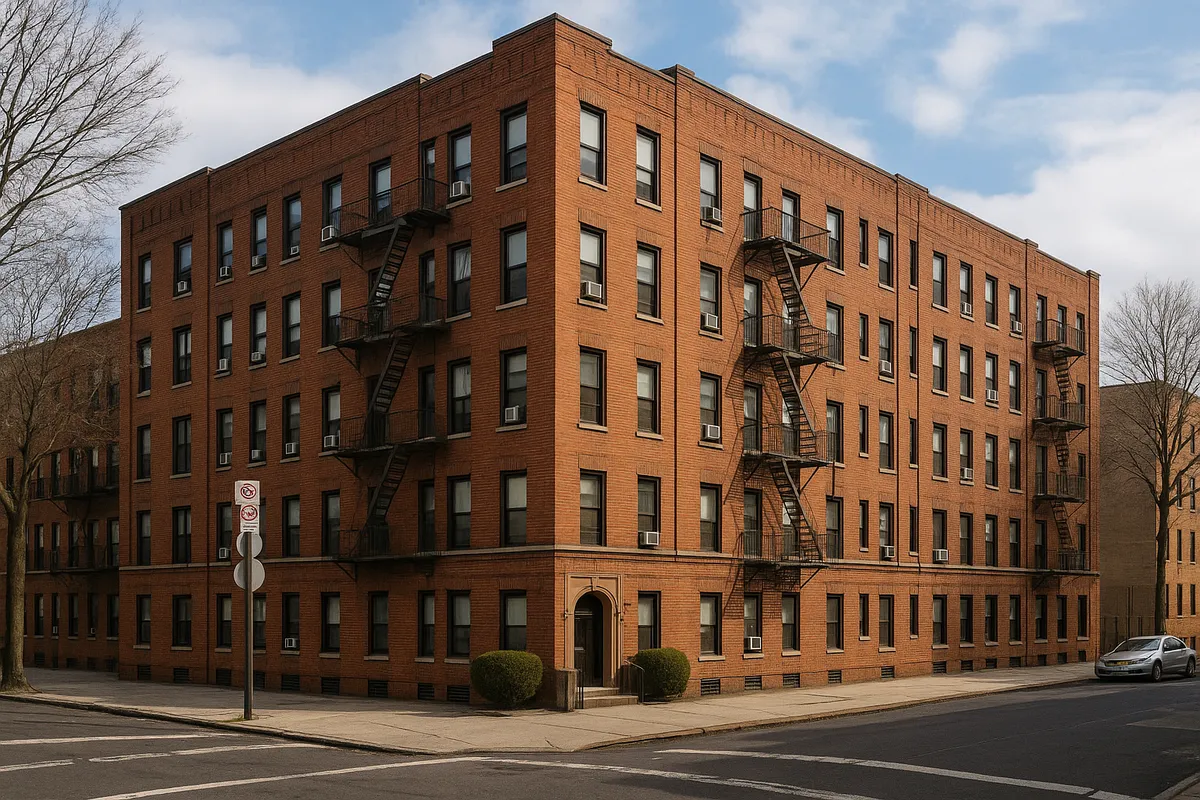
Update: The claim deadline has been extended to March 16, 2025. The settlement was granted final approval on Dec. 16, 2025.
Bronx tenants whom Jason D. Boroff & Associates PLLC filed a housing court case against on or after April 10, 2021, and whom Enrique Diaz or Emmanuel Lanzothe served court papers by leaving them on their door (a method called “conspicuous service”) may be eligible to claim a cash payment from a class action settlement.
Jason D. Boroff & Associates PLLC agreed to pay $212,500 to settle a class action lawsuit alleging the firm and certain process servers failed to properly notify tenants about eviction cases in Bronx housing court. The lawsuit claims thousands of tenants may not have received proper notice of their eviction proceedings, potentially impacting their housing rights.
The settlement does not resolve claims against Process Server Plus, Inc. or the individual process servers, whose cases are still ongoing.
Who are the class members?
Class members must meet all of the following criteria:
- Jason D. Boroff & Associates PLLC (the Boroff firm) sued them in Bronx housing court on or after April 10, 2021.
- The Boroff firm filed the lawsuit on behalf of a landlord who claimed the class member owed rent arrears.
- The process server named on the affidavit of service for the eviction petition was either Enrique Diaz or Emmanuel Lanzot.
- The method of service was “conspicuous service,” meaning the process server left the court papers on the class member's door or another visible part of their property.
Additional details
- Phipps tenants who did not file an answer or attorney appearance should have received a letter from Phipps Houses’ general counsel with information about their case and resources for legal help and rental assistance.
- Boston Tremont tenants should contact class counsel if their housing court case is still ongoing and they have not responded.
There are two main groups of class members:
- Class members who were evicted or threatened with eviction before appearing in court or filing an answer may qualify for a higher payment.
- Class members who were not evicted will receive a lower payment.
How much can class members get?
The amount each class member can receive depends on their circumstances and the total number of valid claims. The settlement fund is $212,500, which the settlement administrator will distribute to eligible class members after deducting attorneys’ fees, administration costs and service awards.
- Class members who were evicted or threatened with eviction before appearing or filing an answer can receive at least $386.
- Class members who were not evicted can receive up to $50.
If class members file more claims than expected, the settlement administrator may reduce payments so the total does not exceed the available settlement fund.
If funds remain after all payments and costs, the settlement administrator and class counsel may decide whether to make additional distributions to class members or direct the remainder to a nonprofit organization that benefits individuals affected by consumer debt collection or housing court practices, subject to court approval.
How to claim a settlement payment
Class members can file a claim online. There is no PDF claim form to print or mail.
Is proof/documentation required to submit a claim?
To file an claim, class members must log in with the class member ID and PIN from their settlement notice.
Payout options
- Paper check
$212,500 settlement fund breakdown
The $212,500 settlement fund covers:
- Settlement administration costs: To be determined
- Attorneys' fees: Up to $70,833
- Attorneys' expenses: To be determined
- Service award to the lead plaintiff: Up to $5,000
- Payments to eligible class members: The remainder of the fund
Important dates
- Deadline to file a claim: Dec. 9, 2025
- Deadline to request exclusion (opt out): Nov. 20, 2025
- Fairness hearing: Dec. 11, 2025
When is the Prince v. Jason D. Boroff & Associates PLLC payout date?
The settlement administrator will distribute payments after it resolves appeals and the court grants final approval to the settlement.
Why is there a class action settlement?
The New York Legal Assistance Group brought the class action lawsuit on behalf of Bronx tenants whom Jason D. Boroff & Associates PLLC sued for eviction. The lawsuit alleges the Boroff firm and certain process servers violated federal and state laws by filing affidavits of service with false or misleading statements, specifically by using “conspicuous service” (leaving papers on the door) without proper notice.
The Boroff firm denies any wrongdoing but agreed to settle to avoid the costs and uncertainty of further litigation.
.png)







.webp)
.webp)
.webp)

.webp)
.webp)
.webp)
.webp)







.svg)
Comments